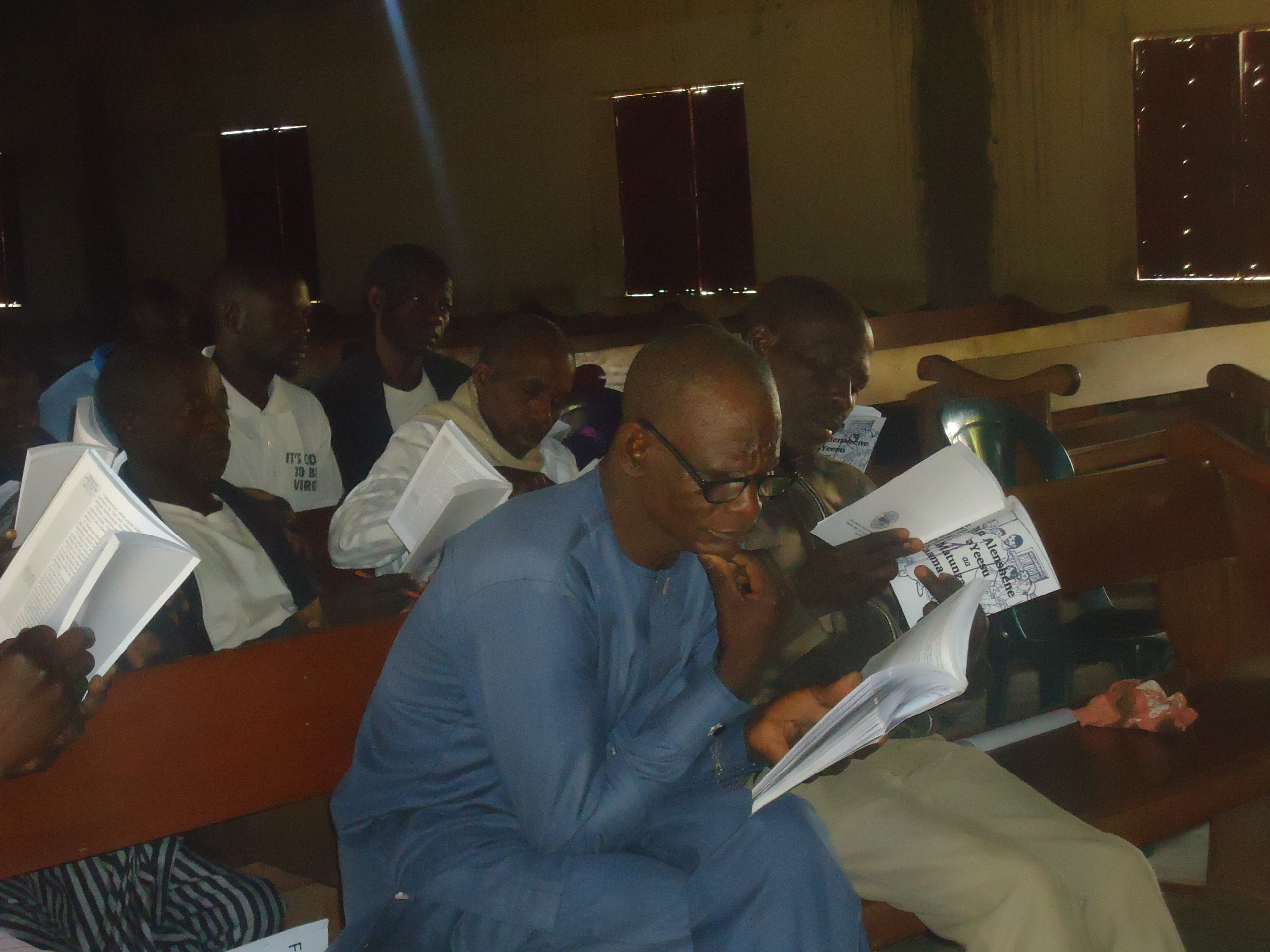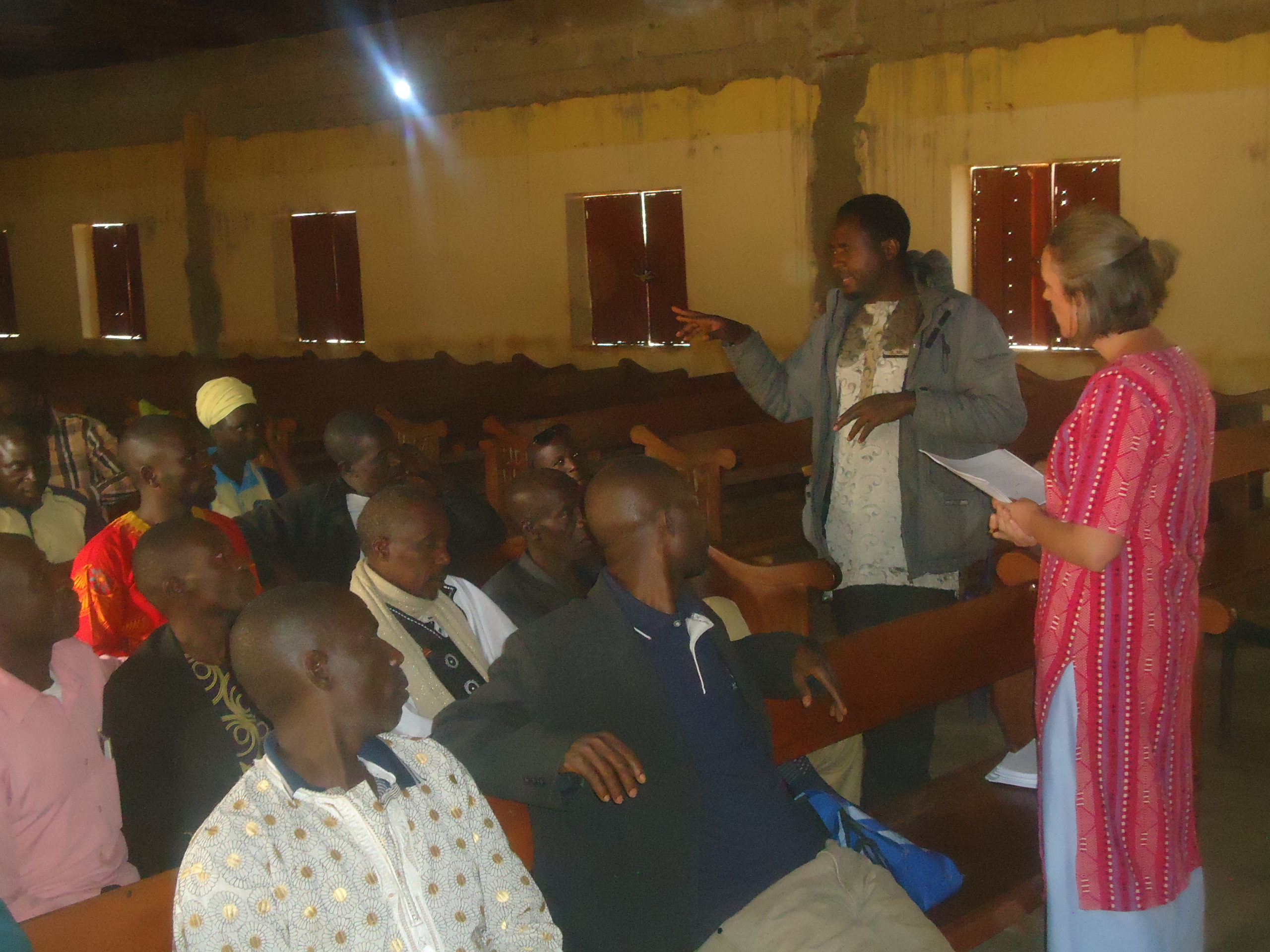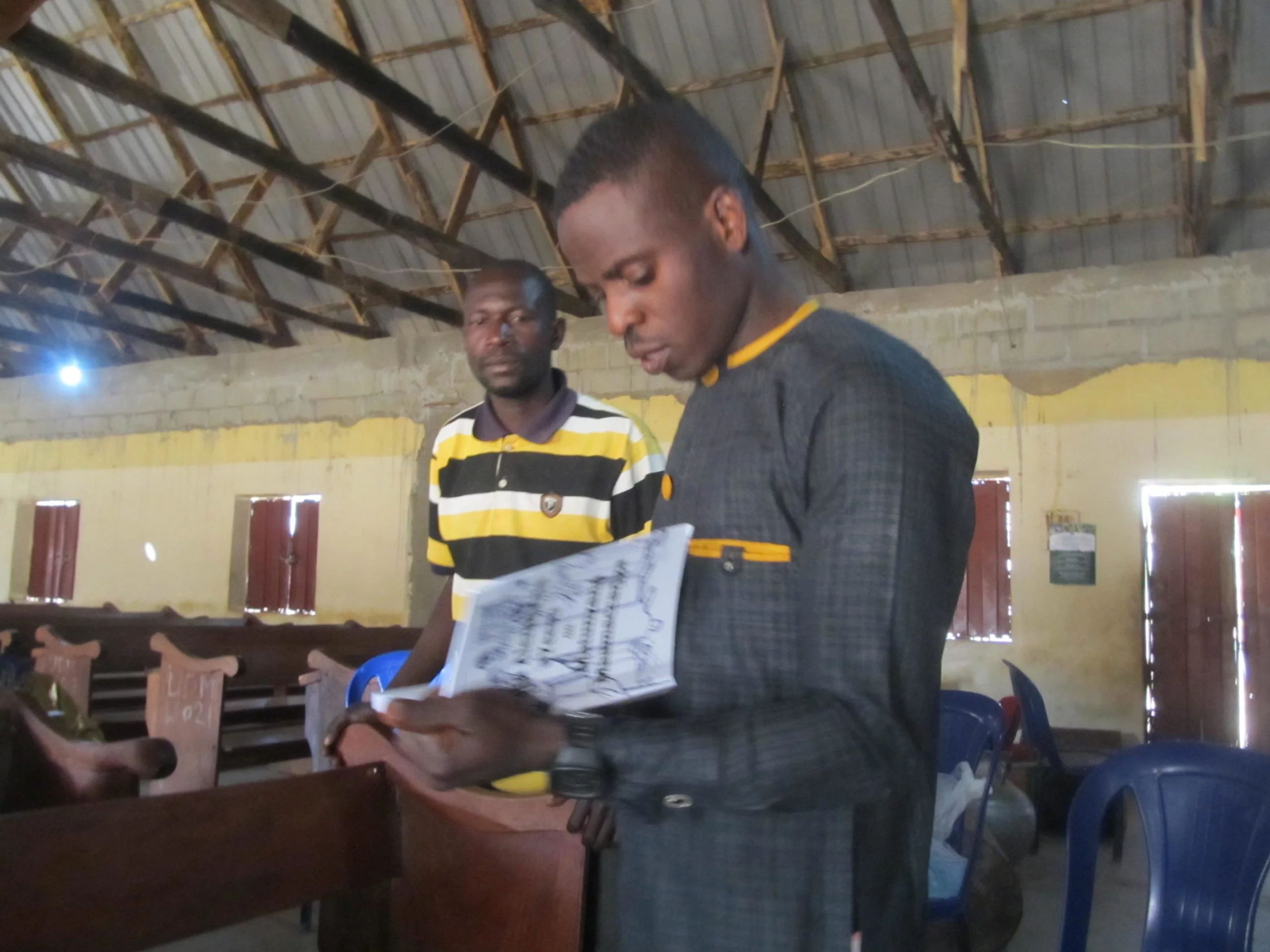‘When I heard that God wants animals to rest (Deuteronomy 5:12–15) I was convicted because I had been letting my neighbours use my cows for ploughing when I went to church on Sunday. I now realise that my cows need to rest too and I will amend this.’
This is what one participant reported in January, after a Faith and Farming workshop in Nigeria.





